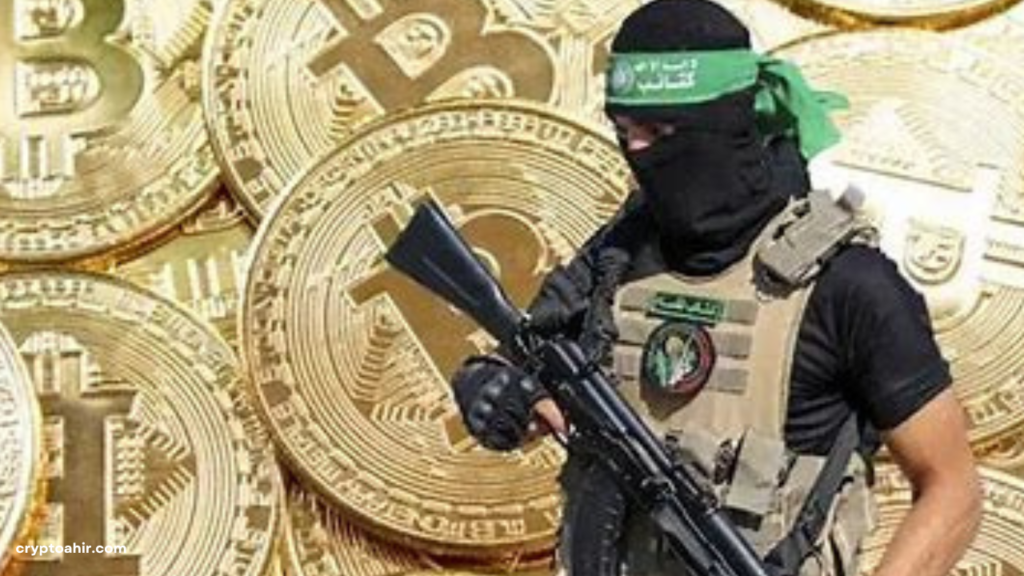The DOJ claims that over $1.5 million in donations passed through the accounts, of which the seized monies are only a small part.
The FBI claims that since last October, over $1.5 million in cryptocurrency has passed through the confiscated wallets and exchange accounts, the majority of which came from donations made by Hamas supporters worldwide. Donations were then laundered through a number of cryptocurrency exchanges and transactions after the wallet addresses were purportedly promoted in a group chat purporting to be connected to Hamas, a terrorist group banned by the US and EU.
In a statement, U.S. Attorney Edward R. Martin Jr. of the District of Columbia said, “These seizures demonstrate that this office will look everywhere for every penny of money going to fund Hamas, wherever it is found, and in whatever form of currency.” “Hamas is to blame for the deaths of numerous Israeli and American citizens, and we will do everything in our power to put an end to their murderous and terrorist campaign.”

According to the FBI’s announcement, some $90,000 in cryptocurrency was taken from an undetermined number of wallets, and an additional $112,000 was taken from three exchange accounts that were registered to Palestinian people “and elsewhere” in Turkey.
In the past, the U.S. Treasury Department and other international governments have seized cryptocurrency accounts associated with Hamas and sanctioned financial networks and intermediaries involved in cryptocurrency transfers. Nearly 200 cryptocurrency accounts connected to Palestinian currency exchanges were confiscated by Israel’s Defense Ministry’s National Bureau for Counter Terror Financing (NBCTF) in April 2023. A study from the blockchain analytics company TRM Labs claims that during the past few years, the NBCTF has confiscated “tens of millions” of cash in cryptocurrency from accounts connected to Hamas.
The U.S. Treasury claims that since at least 2020, Hamas has been transferring some of its funds using cryptocurrencies to reduce the dangers associated with actual cash transfers and to avoid financial surveillance.






